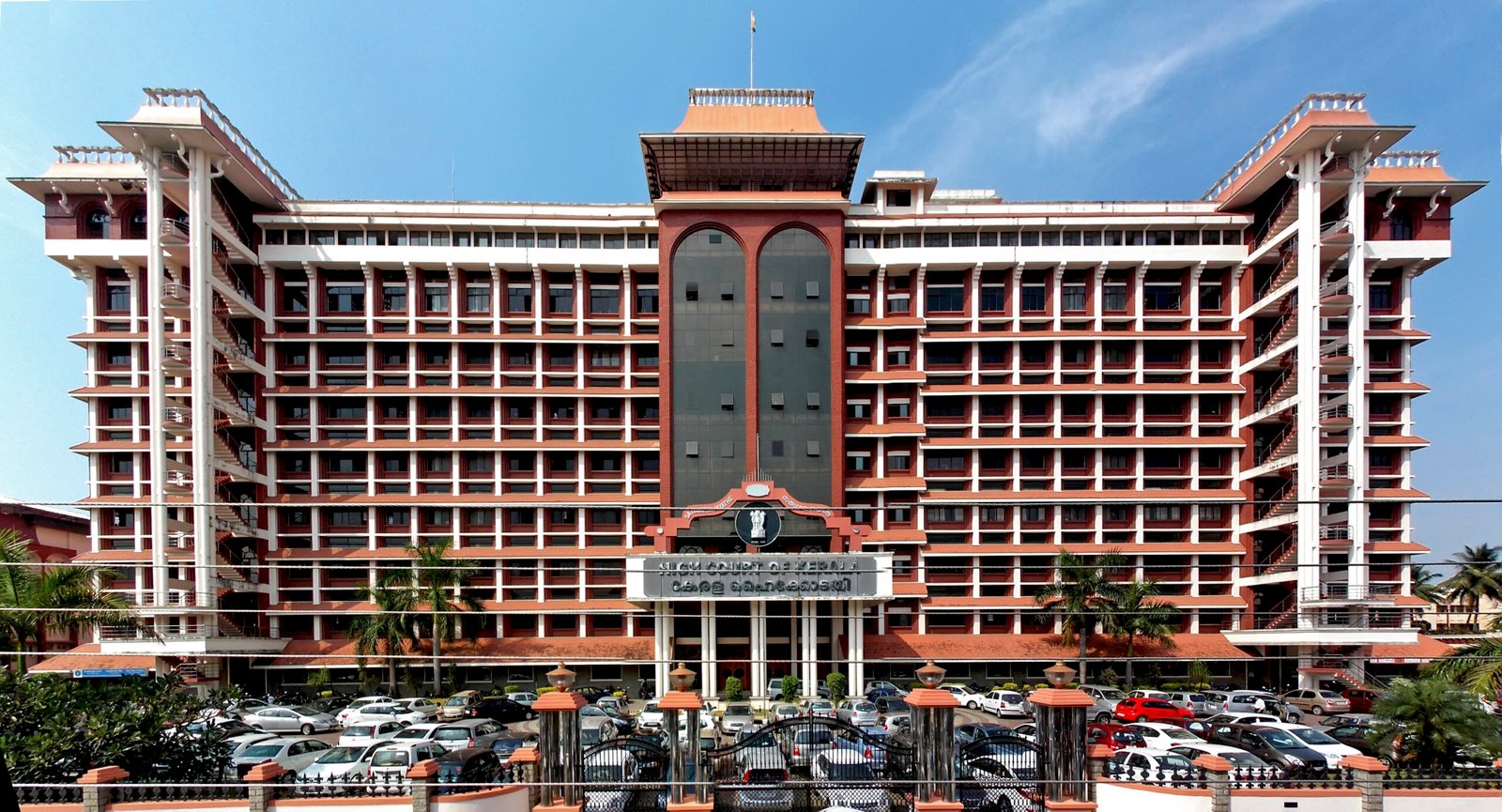The Bench said that it would be wrong to proceed on presumption that an IPR suit valued at below ₹3 lakh is based on ulterior motives to avoid application of the Commercial Courts Act.
In a recent ruling, the Delhi High Court clarified that courts should not automatically assume that all Intellectual Property Rights (IPR) cases must have a value of ₹3 lakh or more in order to be heard in commercial courts. The division bench, comprised of Justices Yashwant Varma and Dharmesh Sharma, emphasized that such an assumption is unwarranted.
The Court pointed out that the Commercial Courts Act, 2015 (CCA) is concerned with commercial disputes falling under section 2(1)(c) and where the subject matter’s specified value exceeds ₹3 lakhs. In cases meeting these criteria, they must be presented before the designated commercial court. However, the absence of these conditions does not automatically disqualify a case from being heard by a commercial court.
This ruling overturns the previous decision in Vishal Pipes Limited v. Bhavya Pipe Industry, where a single judge ruled that IPR suits should ordinarily be valued at ₹3 lakhs or more. The aim was to prevent unscrupulous plaintiffs from deliberately undervaluing their cases to select a specific court and avoid CCA provisions.
The single judge’s directives in Vishal Pipes necessitated bringing IPR suits before designated commercial courts, even if their initial valuation was less than ₹3 lakh. This would allow the court to assess the valuation and ensure it was not intentionally underestimated.
The division bench reviewed the arguments presented in the Vishal Pipes case and concluded that a competent court can assess whether a specific suit has been deliberately undervalued on a case-by-case basis.
The bench disagreed with the directive in Vishal Pipes to transfer all pending intellectual property rights (IPR) cases from District Judges (non-commercial) to commercial courts in Delhi. Instead, it supported the position that the court currently hearing the cases could appropriately investigate all IPR cases with valuations under ₹3 lakh.
If the competent court determines that the valuation of an IPR suit was intentionally suppressed, it may issue suitable directives to amend the complaint and impose additional court fees. However, this would only be done in cases where the court concludes that the declared valuation is significantly incorrect or motivated by ulterior motives.
The Court also endorsed the recommendation that plaintiffs in IPR proceedings with valuations under ₹3 lakh provide an additional declaration stating that they have not taken inconsistent positions on valuation in other litigation.
As a result of these findings, the directives in Vishal Pipes regarding the transfer of cases were overruled. The Court ordered the Registrar General to inform all Principal District Judges about the judgment, and they were asked to provide a comprehensive inventory of such cases, including their scheduled dates and remand courts, which would be published on the district courts’ online portals.
In a specific case involving Pankaj Rajivbhai Patel’s challenge to the ex parte injunction granted in his favor against SSS Pharmachem, the Division Bench issued these directives. The Court stayed the order and reinstated the injunction on April 25, 2023, while expressing skepticism about the validity of the Vishal Pipes decision. Subsequently, the Court granted the appeal and vacated the District Judge (Commercial)’s order issued on February 21, 2023.
Senior Advocate Sandeep Sethi and Advocate Swathi Sukumar served as amicus curiae in this case, while Ved Prakash and Vikas Khera represented the appellant, and Avinash Kumar, Neeraj Gogia, and Manu Prabhakar represented the defendant.



